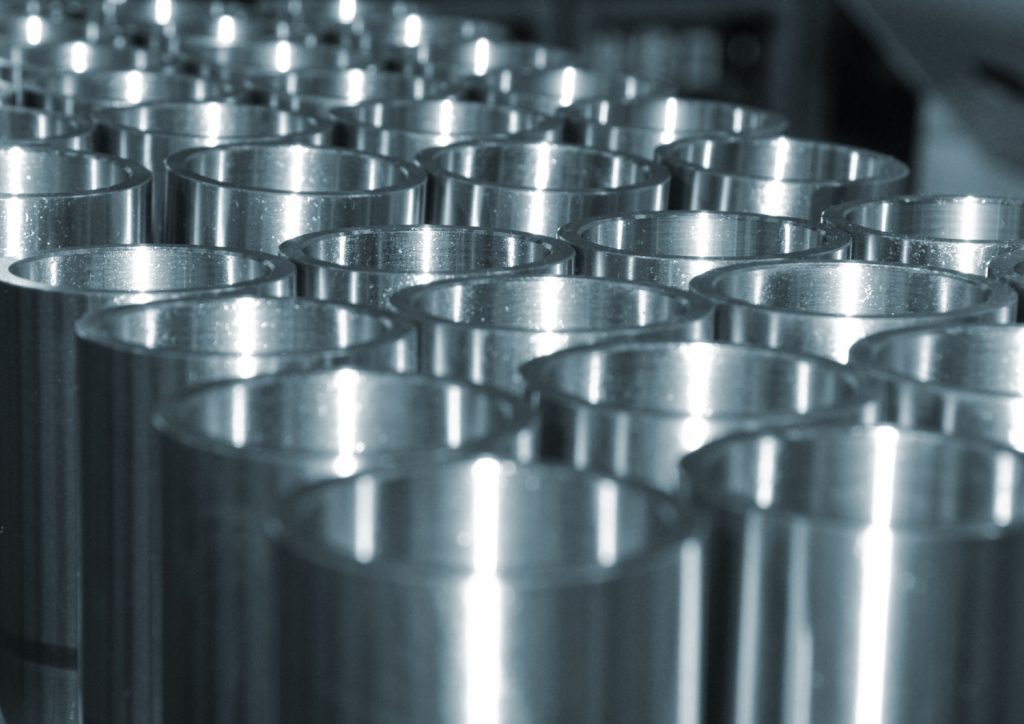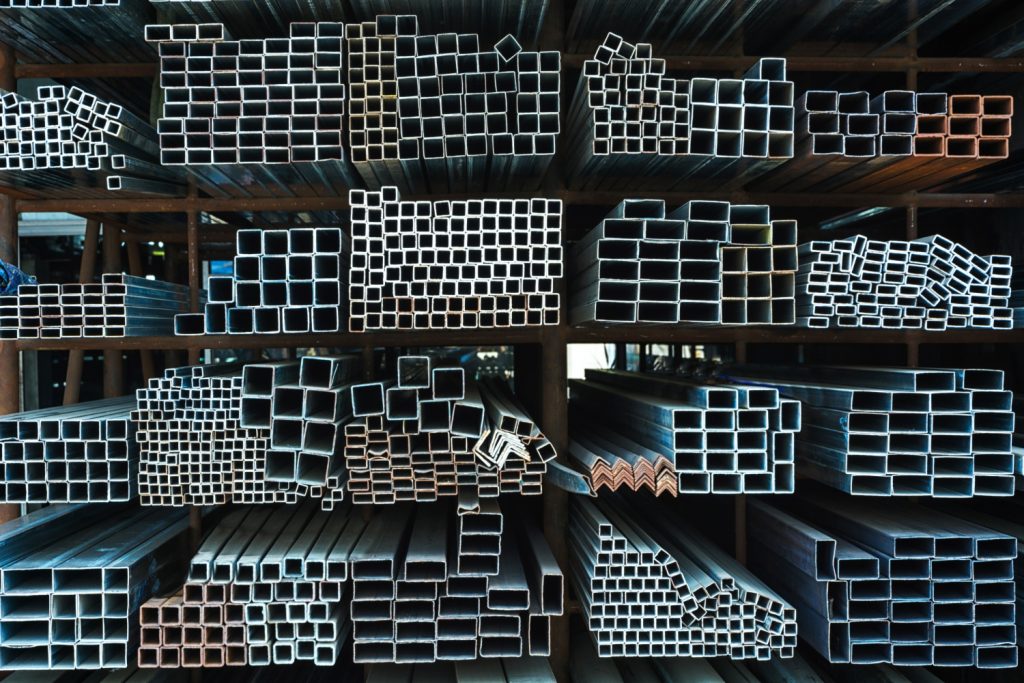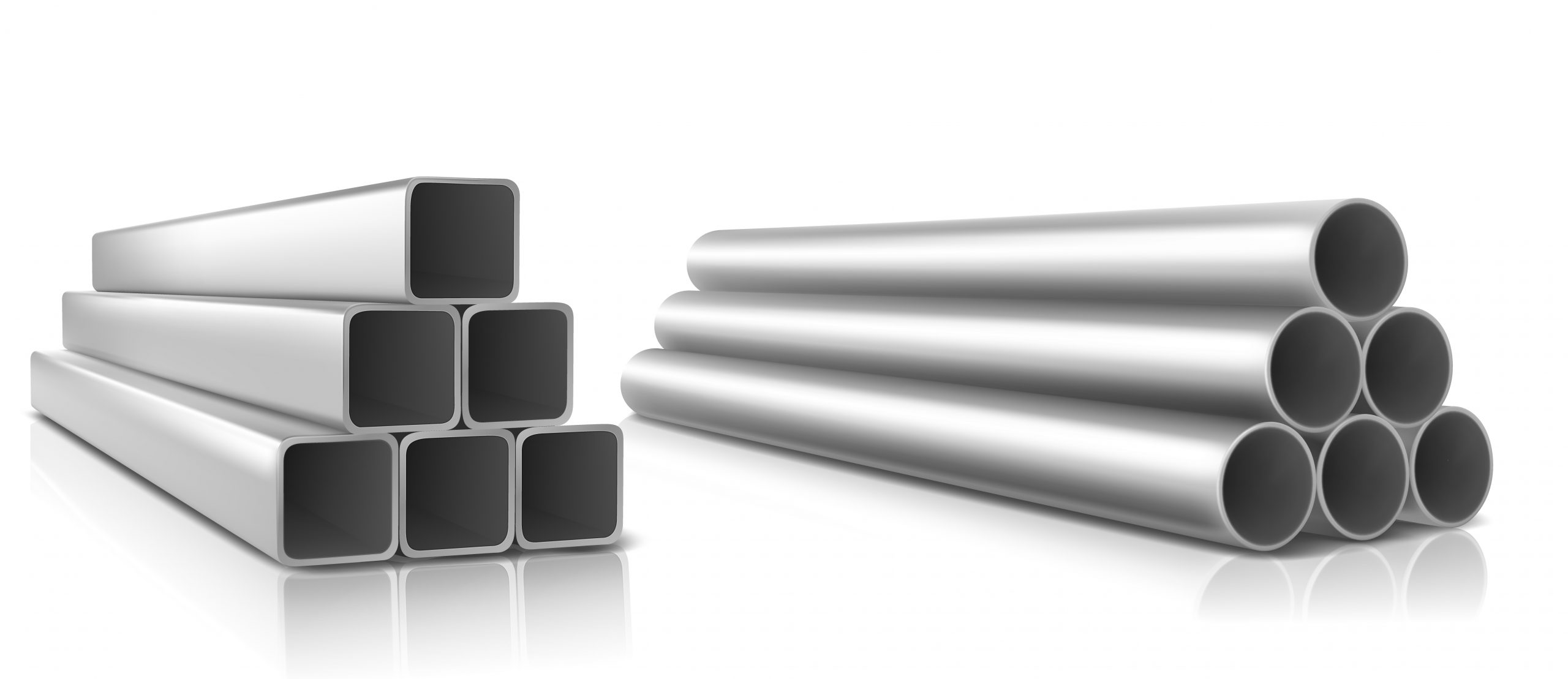In terms of selecting the suitable material for use in industry, two of the most commonly selected products are stainless steel sheets versus carbon steel plates.
The large difference between applications and industries has been widely attached to these due to their durability, versatility, and different performance circumstances.
But both differ significantly in properties and cost-effectiveness; Thus, This will help determine the best-suited material according to specific requirements. So, let’s have a closer look at carbon steel vs stainless steel.
Stainless Steel

Stainless steel has carbon, iron, and a minimum of 10.5% of chromium. Chromium is the actual key that reacts with oxygen to form a passive layer to protect the steel from corrosion. This is what reduces the chance of stainless steel rusting.
This is very important if you are looking for outdoor furnishings, or installed something in a wet environment. The higher the content of chromium, the better the resistance to corrosion.
You have to pay attention to the grade of stainless steel when you are buying any appliance and other costly items. Not all materials are created equally.
Stainless steel that a 10.5% chromium is going to cost less than those that have 16% chromium. Moreover, the difference is reflected in service life and maintenance costs.
Main Features of Stainless Steel Sheets
Stainless steel sheets are known for their corrosion resistance that comes with the chemical composition that contains chromium. This makes them be used in most areas where they are usually soaked with moisture, chemicals, and extreme temperatures.
Furthermore, it has an aesthetically pleasing finish, which explains why extensive usage in buildings, kitchen appliances, and medical equipment has been witnessed.
Some advantages of stainless steel sheets include:
- Corrosion Resistance: They are even corrosion and oxidation-resistant during these extreme conditions.
- Low Upkeep: Stainless steel needs little maintenance, saving time and resources.
- Aesthetic Appeal: The outward finish of the finished products is improved through their aesthetic appeal.
- Durability: These are very strong and robust, withstanding even high-stress conditions.
To those that produce the highest grade material in the market, these Stainless steel sheet suppliers mainly provide customized products according to a client’s needs.
Carbon Steel

Carbon steel is made from iron and 0.12 to 2.00% carbon. The elaborate definition includes alloy steels, which also have 10.5% of alloy content. even though the percentage of carbon is less than two points, it makes a huge difference in the physical appearance and charecteristics like hardness.
When people discuss carbon steel, they refer to the high quality of quality steel used in tools and knives. Carbon steels that have high quality are quite hard, and that is what makes them good at retaining their shape, and resisting abrasion.
They can tolerate significant force before they get deformed. Hard metals are also brittle when extreme tensile strength is applied. High-carbon steels generally crack and do not bend.
Low carbon steel is more easily available than high carbon as they have a low production cost, the ductility is great, and it is also easy to manufacture. Low-carbon steels get deformed under stress but do not break.
Moreover, it is easy to weld and machine the low-carbon steel because of its ductility. They are mostly used in bolts, seamless tubes, automobile body panels, steel plates, and fixtures.
Characteristics of Carbon Steel Plates
Carbon steel plates, In contrast, are priced based on strength and are quite less expensive. This composition is basically made of iron and carbon with just trace elements of practically all other elements. Carbon steel sheets are, therefore, cheaper compared to stainless steel sheets but much less resistant to corrosion.
Some advantages of carbon steel plates include:
- High Strength: They can carry heavy loads, making them highly applicable in structural operation.
- Cost-Effective: It is relatively cheaper than stainless steel.
- Versatility: commonly used in construction work, manufacturing, and heavy machinery.
- Elastomer: This may be easily modified through cutting, welding, and other processes.
Generally, Carbon steel plate suppliers serve most industries whenever they require something less costly yet robust.
Carbon Steel vs Stainless Steel: The Difference
Thinking of carbon steel vs stainless steel, but there is no necessary reason to think one is superior to the other. It is all about context.
Every material has its own advantages and disadvantages. The main objective is to match the steel to the requirements. Let’s look at the basic difference at a glance.
| Stainless steel | High carbon steel |
| Rust resistant | Vulnerable to rust |
| Less brittle | Brittle |
| Less water-resistant | Water-resistant |
Applications And Industry Scenarios
Both materials are indispensable in their respective domains. While stainless steel sheets are preferred for applications requiring aesthetics and corrosion resistance, Carbon steel plates dominate in industries demanding strength and economy.
For instance, stainless steel is widely used in pharmaceutical and food processing because of its hygienic quality. On the other hand, carbon steel plates are widely used as a material in shipbuilding pressure vessels and structural frameworks.
About PipingMaterial.ae
PipingMaterial.ae is a prominent online portal where the buyer can contact the best manufacturers and suppliers of industrial-grade material.
This site has thus facilitated sourcing on a business level with verified suppliers of stainless steel sheets and carbon steel plates to ensure quality and reliability.
Whether there’s a demand for stainless steel high-performance or even robust carbon steel solutions, PipingMaterial.ae bridges the industrial needs of customers with the genuine stockiest suppliers.
Conclusion
According to particular needs, stainless steel sheets are to be ordered or carbon steel plates are to be ordered. Stainless steel can be a better option than carbon steel regarding corrosion and aesthetic characteristics.
Conversely, carbon steel offers higher strength beyond the competition at an economic cost. With proper advice from trusted vendors on sites such as PipingMaterial.ae, businesses may make proper choices to maximize performance and minimize cost for their projects.
To conclude in the debate of carbon steel vs stainless steel, context is the main focus. You have to decide which one you want depending on the purpose of your need.
Read Also:
- Is Steel/Iron Ore A Good Career Path In 2021?
- Is Metal Fabrications A Good Career Path In 2023?
- Dangers Of Chemical Spills On Humans, Buildings, And Environment























